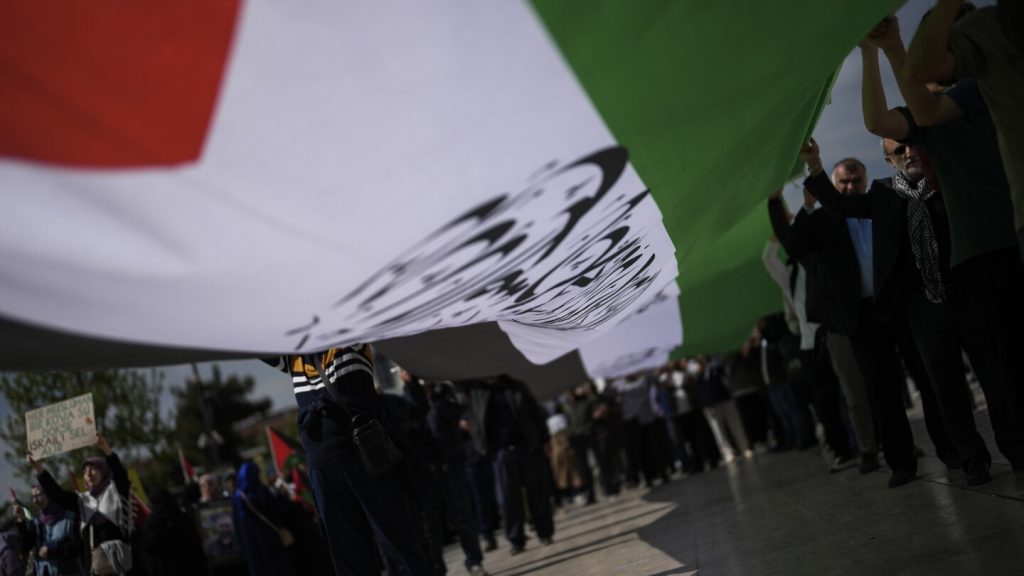The Turkish authorities have arrested two individuals suspected of providing information to the Israeli spy agency, as announced by Interior Minister Ali Yerlikaya. These suspects allegedly gathered information about individuals and companies of interest to Israel and passed on the data and documents to Israeli intelligence officials. Six other individuals who were detained in the operation, codenamed “Mole-3,” were released after questioning. Yerlikaya emphasized that espionage activities targeting national unity and solidarity within Turkey will not be tolerated. Dozens of people, including private detectives, have been detained in Turkey since January on suspicion of spying for Israel, particularly on Palestinians living in Turkey.
After years of tensions, Turkey and Israel had normalized ties in 2022 by reappointing ambassadors. However, these relations quickly deteriorated following the start of the Israel-Hamas war, with Ankara becoming one of the strongest critics of Israel’s military actions in Gaza. In December, the head of Israel’s Shin Bet security agency stated that they were prepared to target the militant Hamas group anywhere, including in Lebanon, Turkey, and Qatar. Turkish President Recep Tayyip Erdogan warned Israel of serious consequences if they proceeded with targeting Hamas officials on Turkish soil.
The details of the suspects arrested in the recent espionage operation were not provided by the minister. The statement posted on social media did not elaborate on the nature of the information gathered by the suspects or the potential impact of their actions. The ongoing arrests of individuals suspected of spying for Israel highlight the sensitivity of the situation between the two nations and the continued distrust that exists. The Turkish government remains vigilant in preventing any espionage activities that could threaten the country’s security and stability.
The continued tensions between Turkey and Israel underscore the complex geopolitical dynamics in the region, particularly concerning the Israeli-Palestinian conflict. Turkey’s vocal criticism of Israel’s military actions in Gaza has strained relations between the two countries, leading to renewed suspicions of espionage and covert activities. The arrests of individuals suspected of spying for Israel reflect the challenges in maintaining diplomatic relations in such a volatile environment. The Turkish government’s strong stance against espionage reinforces its commitment to national security and sovereignty.
As the situation evolves, it remains to be seen how Turkey and Israel will navigate their relationship and address the recent arrests of suspected spies. The ongoing conflict in the region, along with the broader political implications, will continue to shape the dynamics between the two countries. The diplomatic fallout from these arrests highlights the fragile nature of international relations in the Middle East and the challenges of balancing competing interests. Ultimately, the resolution of these issues will depend on the willingness of both parties to engage in dialogue and find common ground to move forward.


